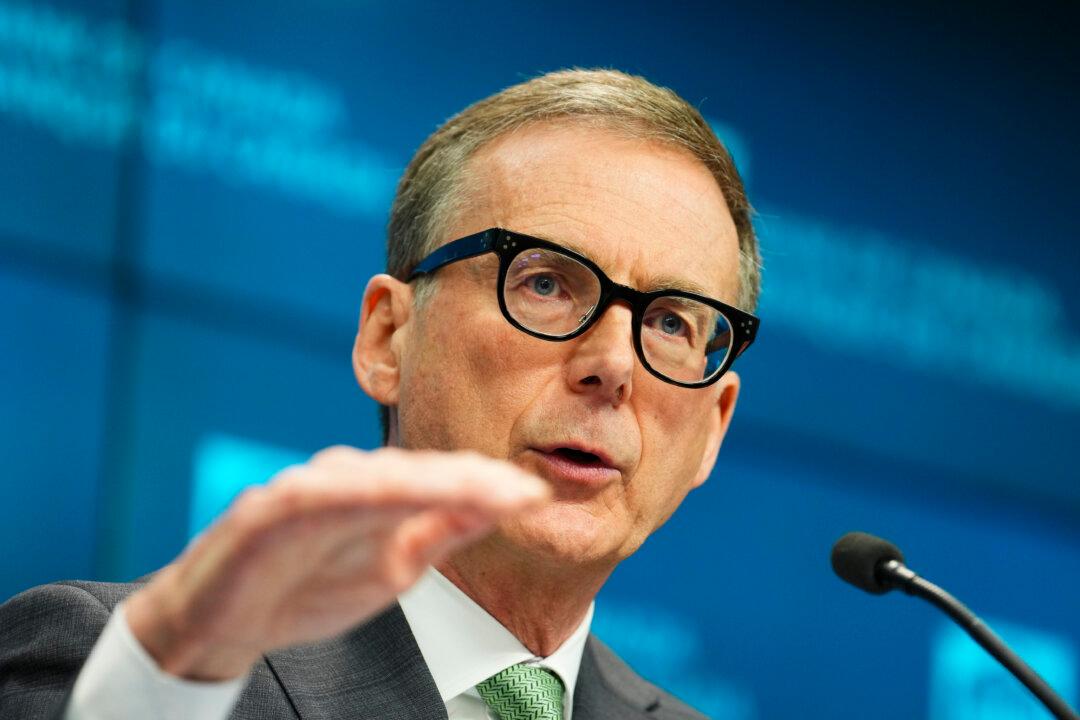The Bank of Canada has shifted its messaging in recent months from the need to get inflation under control to bringing it back down to the two percent target. But recent turbulence is in the global banking sector is forcing the central bank to pivot and reassure Canadians that it’s ready to contend with any financial instability.
Bank of Canada governor Tiff Macklem delivered a speech at the Toronto Region Board of Trade Thursday and said the central bank is ready to step in if stress in the global banking system affects Canada. But he emphasized it won’t back off from its inflation fight as it works to bring inflation down to its two percent target.





